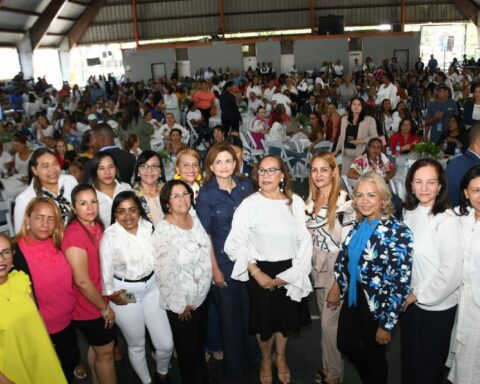As a truism, it arises even by intuitive assertion that the family above all becomes a biological entity, because in principle two physical persons converge in this union, whose sexuality deserves to be heterogeneous, since the original purpose lies in the perpetuation of the human species through the primordial manifestation of mutual carnal love to then be given and received as a consensual or conjugal couple, but then natural and positive law gives it a formal structure and thus becomes a legal institution, endowed with validity and effectiveness on the scene Social.
Without long-standing historical retrospection, it is convenient to make it clear that the nineteenth-century family structured in the Napoleonic codification had to be constituted through marriage, since at that time it was said with good reason that civil law was not obliged to provide protection to those who had dispensed with of the law, opting for the free union or consensual couple of cohabitants, but also the children procreated in such a natural state suffered the same fate, after being considered illegitimate offspring.
On our island soil, since France is the country that gave rise to vernacular legislation on such matters, marriage was established in the constitutional model of 1966 as the legal foundation of the family, for which reason free unions lacked legal status. , although the children procreated in such concubine relationships could ultimately receive parental recognition voluntarily or by force.
Now, since in law factors inherent in realism and presuppositions embedded in rationalism converge, some derived from the rule or social practice, while others underlie the ideal criteria of the legislator, then it turns out that judges administer justice from a legal perspective. experimental, vivifying the petrified content of the legal norm, since the surrounding praxis tends to arouse greater wealth than the formulas printed in the law.
Indeed, there is in the vernacular legal system an emblematic judicial precedent, whose content constitutes an evident sample of vivified law. Thus, it is worth bringing up judgment no. 44, issued at the headquarters of the Second Chamber of the Supreme Court of Justice, on October 17, 2001, inserted in its official publication body (BJ 1091), since from there legal status was conferred on the family merely natural, concubinary or consensual of partners, provided that it is a community of monogamous life between man and woman with stable temporal duration, among other characteristics.
With an open mind, the judge, in his role as the jurist par excellence for carrying out social reengineering, proceeded to establish such a judicial precedent, knowing that in the surrounding reality the free, concubinary or consensual union of cohabitants is more valid, for which reason it is possible confer the deserved status, for the sake of the child-juvenile person who is born in this vital community, formed between man and woman, then claim the right to have a family, as it is the environment that fosters adequate human growth and development.
Nourished by this same reality, the constituent legislator, through a review assembly of the Magna Carta, voted in 2010 for article 55, whose main part allows heteroclite couples, that is to say, those formed between a man and a woman, can found a family, pray for legal ties or by natural unions, meanwhile considers such a human structure as the foundation of society and the basic space for the integral development of people.
In short, it can be seen that the current family is very distant from the old model, since in the past tense the whole acquired greater relevance. Meanwhile, the legislator fiercely protected the well-known institution in its metaphysical dimension, to such an extent that it left gaps implicating excesses, which could be committed against women or offspring, including cruelty or mistreatment and even acts contrary to sexual honesty, but today the vernacular encoder seeks to vindicate the rights to physical, psychological and moral integrity, which is evidenced by the knowledge of various judicial processes, arising from complaints or complaints, whether for domestic violence, sexual assault and even incest, family unity, but before impunity prevailed under the shield of complicit silence, supposedly to save parental honor.








